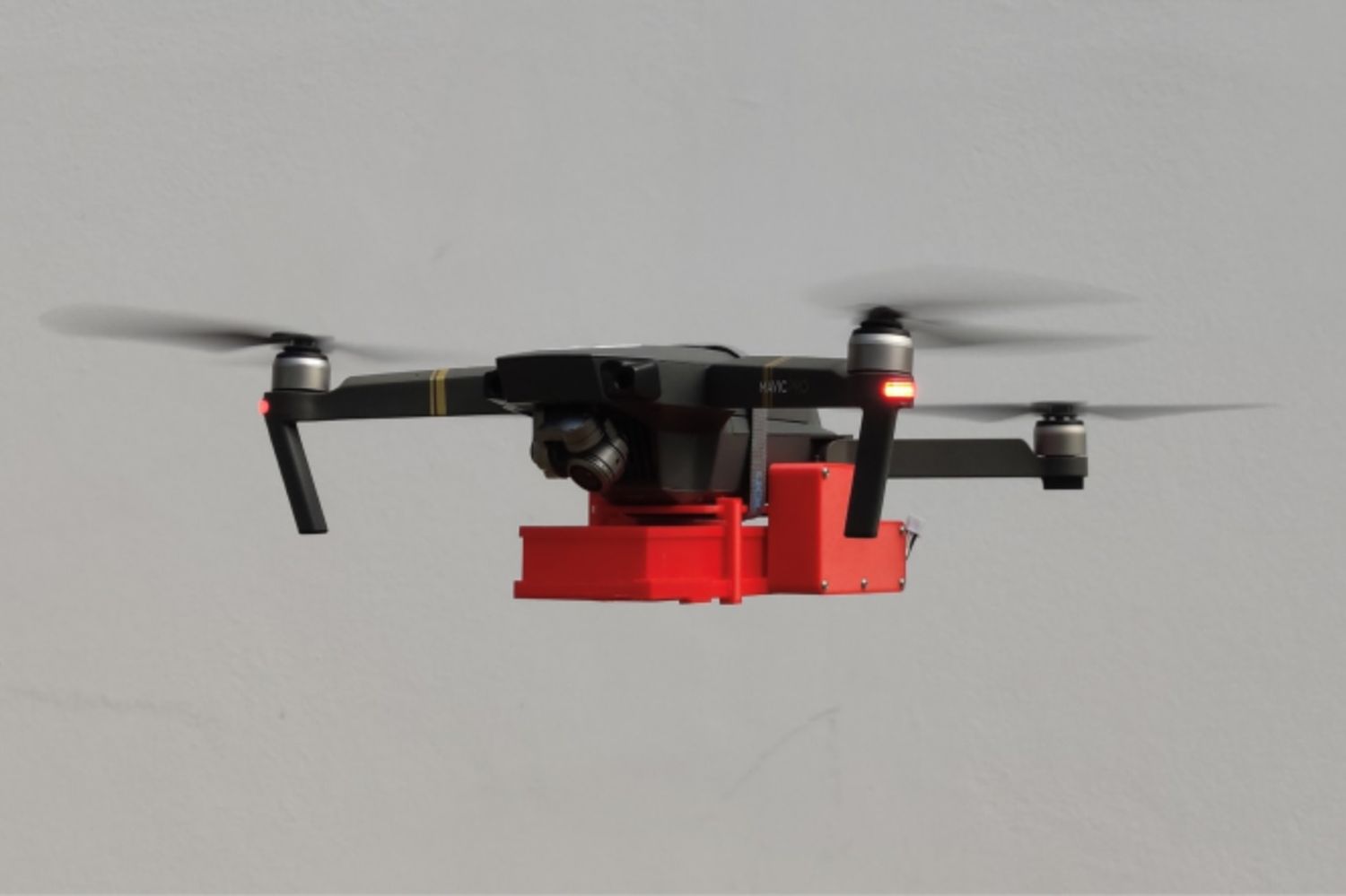A technology employing remotely piloted aircraft, or drones, initially aimed at the application of biopesticides for the biological control of agricultural pests, may be used in urban environments to help curb the proliferation of mosquitoes transmitting virus-causing diseases, such as Aedes aegypti, known to be the dengue mosquito.
Developed by the company Birdview, located in São Manuel, in the interior of São Paulo, Brazil, in collaboration with Embrapa Instrumentação, the solution sparked the interest of companies producing sterile Aedes aegypti in Brazil to aid in the eradication of diseases such as dengue, yellow fever, chikungunya, and zika. The project was supported by the Fapesp Program for Innovative Research in Small Businesses (Pipe).
«By participating in the latest edition of the High Technology Entrepreneurship Training Program [Pipe Empreendedor], we identified some companies producing sterile Aedes aegypti interested in establishing a partnership with us to release the insect in urban areas,» says Ricardo Machado, co-founder of the startup.
See also: Drones, Black Hawks, and thermal cameras: Colombia fights forest fires with technology
The technology developed by the company within the framework of the Biota-Fapesp Program consists of a modular release and packaging system, integrated with drones, which performs the controlled release of adult insects in demarcated regions, minimizing induced damage and stress.
In the field, the technology allows the release, over crops, of insects to combat agricultural pests that are their natural enemies. In urban areas, the solution could be used to release sterile male Aedes aegypti mosquitoes to mate with female mosquitoes – which bite and transmit disease-causing viruses and mate once in their lifetime. In this way, it is possible to reduce the insect population, experts estimate, because the females, not becoming pregnant due to the males being sterile, will die without producing new mosquitoes.
In eight years of activity, the company has conducted more than 15,000 flights for the release of biopesticides, over more than one million hectares. Among its clients are the São Martinho, São Manuel, and Suzano plants.
The mosquito release project is still experimental, and the company is attempting to close a partnership with breeders of sterile insects, who would assume the costs of the service. The values and the time required for the intervention to take effect are being evaluated.
«The solution can also be used to launch seeds with the aim of restoring forests,» Machado states.


Comentarios
Para comentar, debés estar registrado
Por favor, iniciá sesión